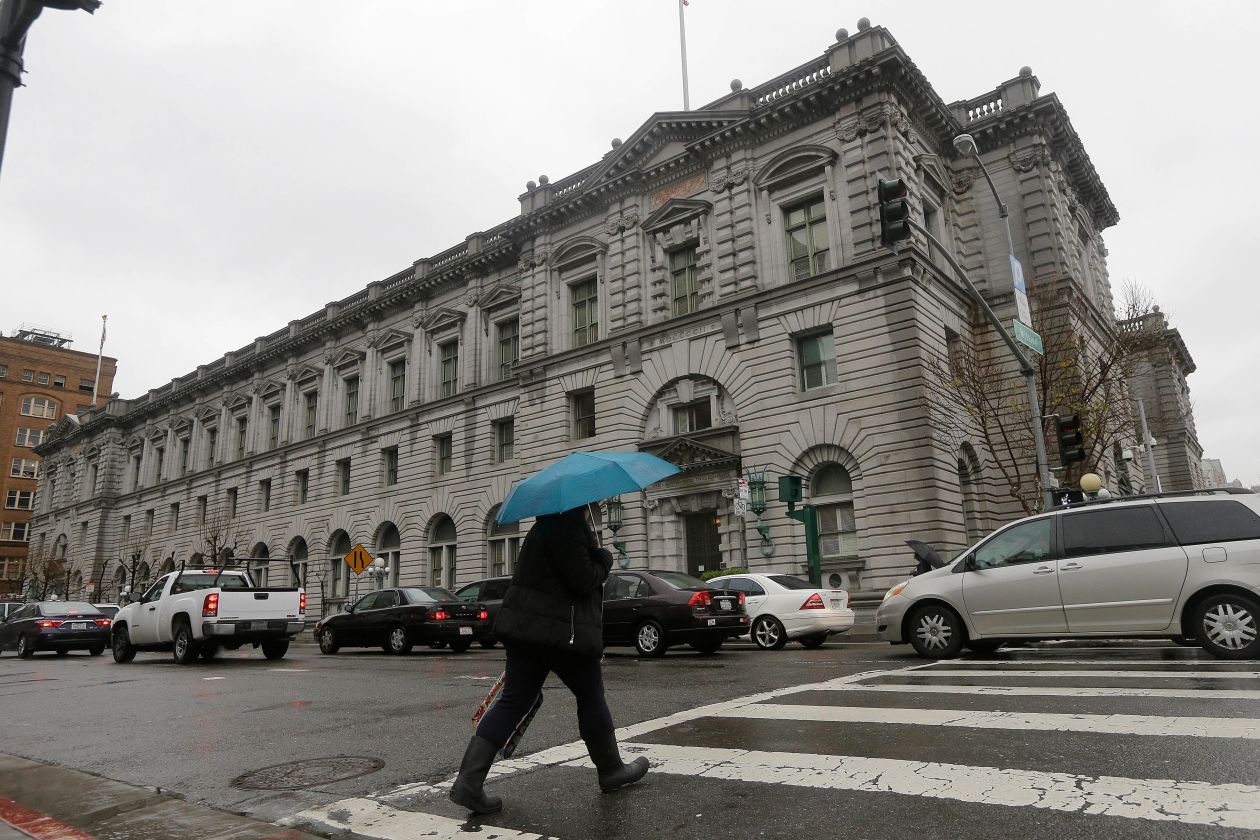By: Joe Palazzolo – wsj.com – Dec. 27, 2018 5:39
The U.S. Supreme Court has upheld the constitutionality of prayers during state legislature sessions and town council meetings. Now the justices may be asked to clarify the separation of church and state in a new forum: school board meetings.
The high court has long held that prayer in public schools violates the First Amendment, which bars the government from establishing an official religion. But in two cases since the 1980s, the court has permitted legislative bodies to open their proceedings with prayers, a practice that dates to the nation’s founding era.
The invocation of Christian beliefs, Bible readings and prayer were regular features of school board meetings in the Chino Valley Unified School District in California. In 2014, the Freedom From Religion Foundation, a group of atheists and agnostics that uses advocacy and litigation to wall off government from religion, filed a lawsuit challenging the practice.
“We had to turn away plaintiffs there were so many people unhappy with school board prayers,” said Annie Laurie Gaylor, co-president of the foundation. In 2016, a U.S. District Court judge ruled in favor of the group.
In July, a three-judge panel of the Ninth U.S. Circuit Court of Appeals in San Francisco also sided with the foundation, parents and others in the school district who joined the lawsuit, ruling that the prayers violated the First Amendment.
School boards, the court ruled, differ from legislatures, exercising control and authority over impressionable students instead of acting as their peers and equals.
“This is not the sort of solemnizing and unifying prayer, directed at lawmakers themselves and conducted before an audience of mature adults free from coercive pressures to participate, that the legislative-prayer tradition contemplates,” the panel wrote in an unsigned opinion.
Robert Tyler, a lawyer for the Chino Valley school board, said the primary responsibility of school boards is to manage resources and employees, and to negotiate with labor unions, making them “far more like a legislative body” than a classroom.
The Ninth Circuit declined on Wednesday to rehear the case. The Chino Valley school board is expected to decide in January whether to ask the Supreme Court to review the move, said Mr. Tyler.
In a rare rebuke, eight judges on the Ninth Circuit—including nearly a third of the court’s full-time judges—wrote or joined dissents to express their opposition to letting the ruling stand, calling the decision a “needless mistake.”
The judges pointed to a decision last year by the Fifth U.S. Circuit Court of Appeals in New Orleans, which upheld a school district’s policy of inviting students to deliver invocations before monthly school board meetings. The Fifth Circuit ruled that “a school board is more like a legislature than a school classroom or event.”
It was the first federal appeals court ruling to contemplate prayers at school board hearings since the U.S. Supreme Court in 2014 sanctioned prayers at meetings of the town board in Greece, N.Y.
In that case, Town of Greece v. Galloway, the high court rejected arguments that the overwhelmingly Christian prayers gave preference to one faith and violated the First Amendment.
“The Court has considered this symbolic expression to be a tolerable acknowledgment of beliefs widely held, rather than a first, treacherous step towards establishment of a state church,” Justice Anthony Kennedy wrote for the 5-4 majority.
About 30 years earlier, the high court ruled that the Constitution allowed the Nebraska state legislature to begin legislative sessions with a prayer, in a case called Marsh v. Chambers. The Marsh ruling described an “unbroken history” of the practice that dated to the drafting of the First Amendment.
Ms. Gaylor of the Freedom From Religion Foundation said those cases have no bearing on school boards, which don’t make laws and are responsible for keeping religion from seeping into schools.
She said two other federal appeals courts had come down the same as the Ninth Circuit before the U.S. Supreme Court approved prayers at town meetings in 2014.
“Legislative precedent has been used as an excuse” to justify prayer before school board meetings in a small number of districts, Ms. Gaylor said. But the courts have never held that they are the same as legislatures or municipal boards, she said.
To see this article, click read more.
Source: Prayers at School Board Meetings Test Church-State Divide – WSJ
 Listen Online
Listen Online Watch Online
Watch Online Find a Station in Your Area
Find a Station in Your Area








 Listen Now
Listen Now Watch Online
Watch Online
